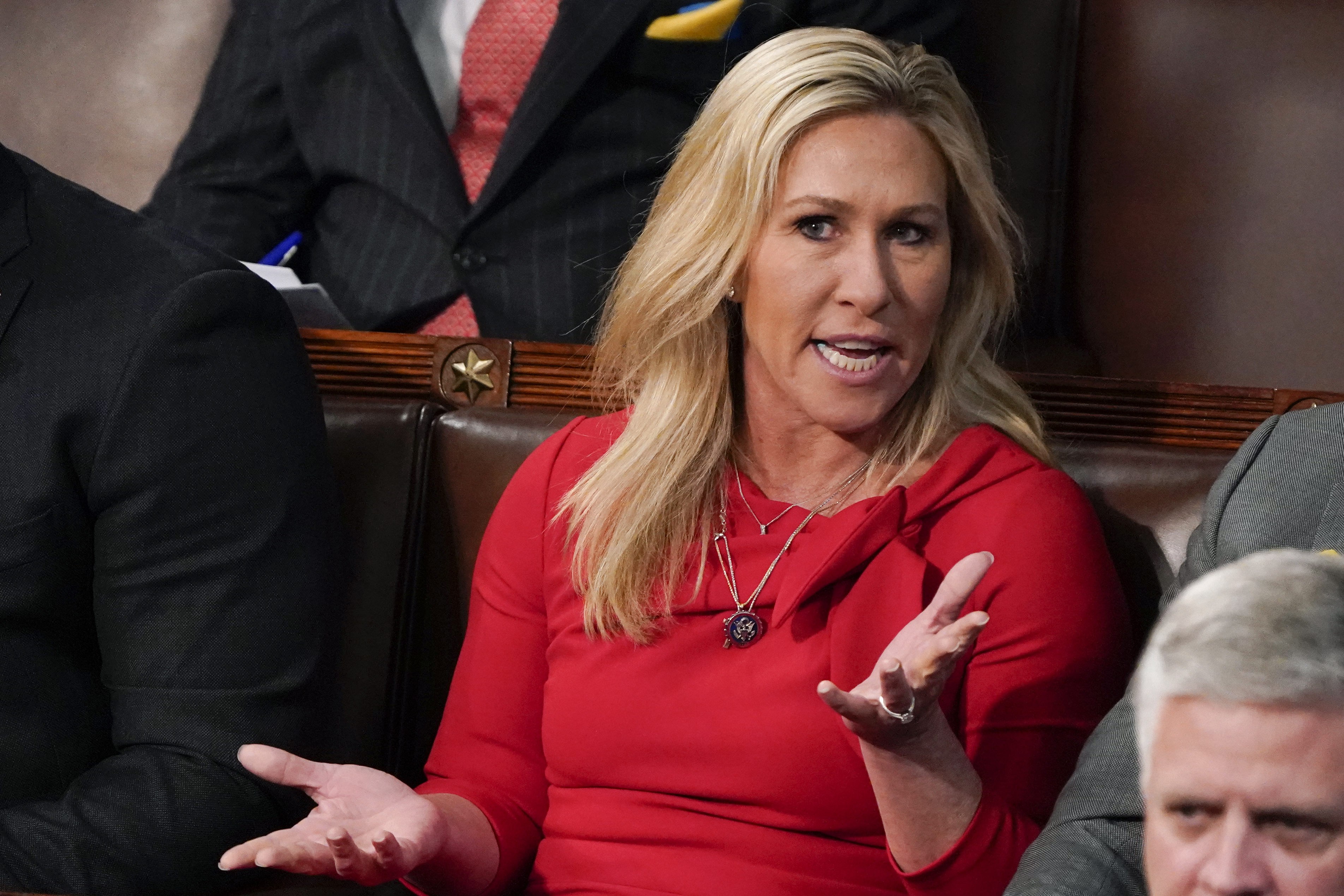Assistant Justice Neil Gorsuch has recused himself from a case before the Supreme Court involving Oklahoma death row inmate Richard Glossip.
The Supreme Court agreed to hear Glossip's appeal on Monday, but Gorsuch—who was involved in the case at an earlier stage during his time as an appeals court judge for the 10th U.S. Circuit Court of Appeals, which hears cases from Oklahoma—will not take part in the proceedings. As a result, only eight of the nine justices on the bench will decide his fate. The court did not give an explicit reason for his recusal.
Gorsuch had already recused himself in May, when the high court was weighing whether or not to take up the case. The Supreme Court put Glossip's execution on hold last year after Oklahoma's attorney general agreed the inmate's life should be spared because he did not get a fair trial when he was sentenced to death in 1997 for the murder of his former boss. He had been scheduled to be put to death on May 18, 2023. The case will not be argued before the Supreme Court until the fall of 2024.
"For the specific case of Richard Glossip, a recusal could mean that the Court could potentially split evenly in a 4-4 vote," judicial politics expert Alex Badas told Newsweek.
"If that were to happen, the Oklahoma Court of Criminal Appeals decision would be affirmed. The Oklahoma Court of Criminal Appeals denied Glossip's stay of execution request. That would mean Oklahoma could carry out Glossip's execution."

Recusals among justices are rare. A 2023 Bloomberg Law analysis found that since 2018, justices had recused themselves in roughly 3 percent of appeals.
Although Justice Samuel Alito led in overall recusals on the bench, the analysis shows that Gorsuch is more likely to recuse himself than most of his colleagues, having done so in 15 percent of cases in the 2021 term and 11 percent of cases in the 2022 term.
Justices John Roberts, Brett Kavanaugh, Sonia Sotomayor and Clarence Thomas recused themselves in fewer than 10 percent of cases during those terms.
Amid growing scrutiny over a lack of ethics code, the Supreme Court formally adopted a new code of conduct in November that included when justices should recuse themselves, although it impacts are widely expected to be limited since the justices will enforce the code themselves.
Badas said the recent statement advises justices recuse themselves in the context where they previously served on a lower court of the case, as in Gorsuch's role in Glossip's case. He noted that some of the justices have since indicated their reasons for recusing, while others do not. Gorsuch has not yet commented on his recusal.
Thus far, Glossip has avoided execution three times. Prior to the Supreme Court intervening and blocking the state from executing him last year, his last scheduled execution was halted just moments before when prison officials realized they had the wrong lethal drug in September 2015.
His case dates back nearly 30 years ago when Justin Sneed murdered Barry Van Treese and implicated Glossip, alleging the motel manager promised to pay him $10,000 for the robbing and killing of the owner, to avoid the death sentence. Sneed received a life sentence in exchange for his testimony against Glossip. Glossip has maintained his innocence.
Uncommon Knowledge
Newsweek is committed to challenging conventional wisdom and finding connections in the search for common ground.
Newsweek is committed to challenging conventional wisdom and finding connections in the search for common ground.
About the writer
Katherine Fung is a Newsweek reporter based in New York City. Her focus is reporting on U.S. and world politics. ... Read more
To read how Newsweek uses AI as a newsroom tool, Click here.








